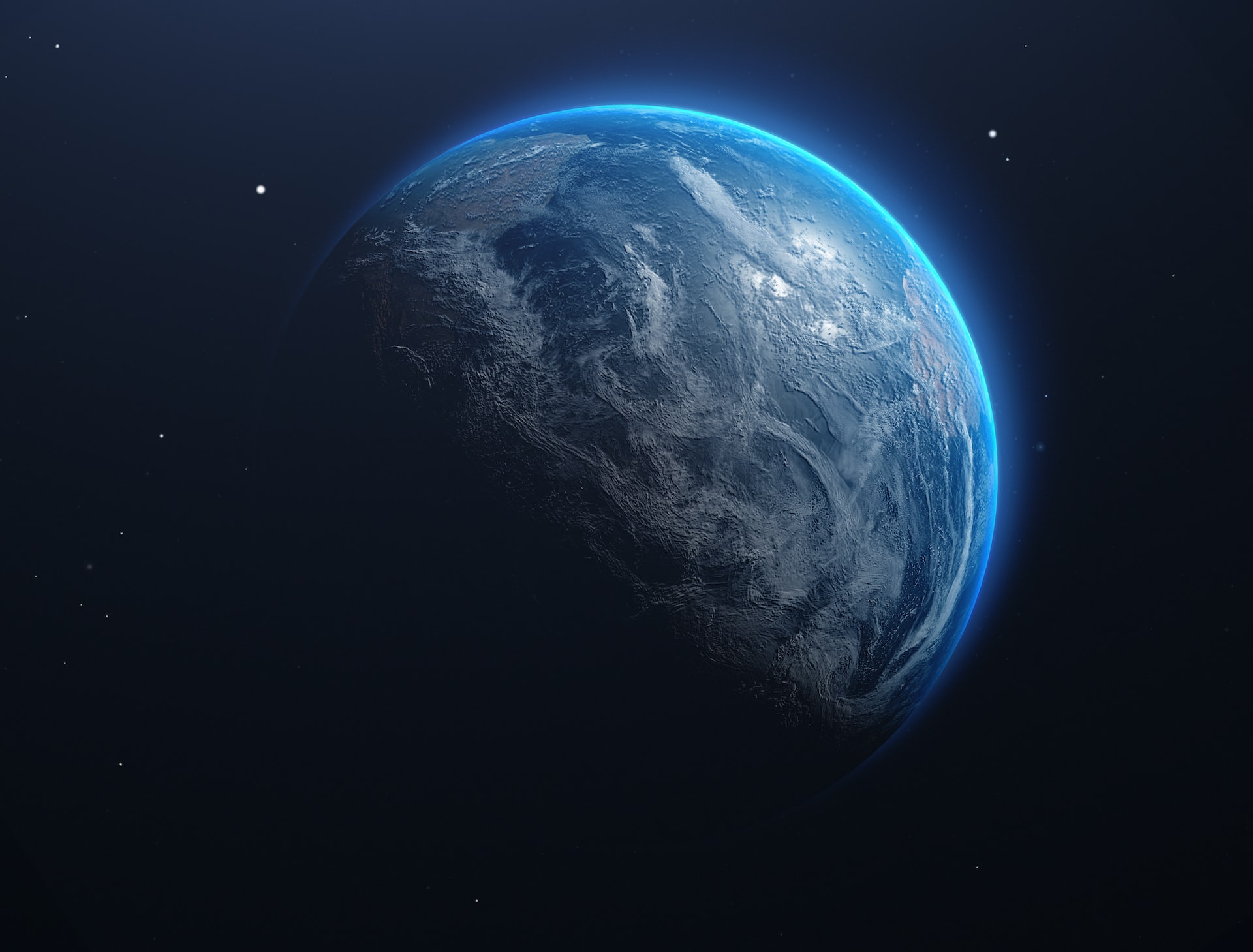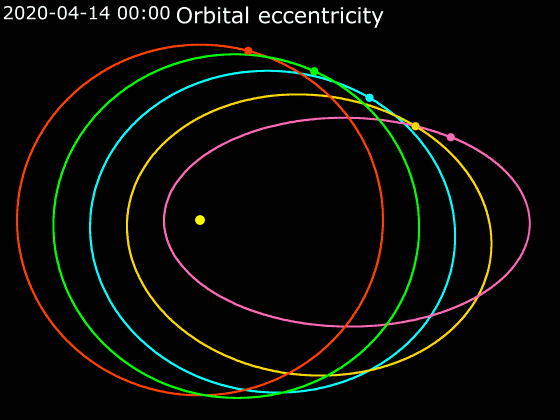The discovery of many exoplanets so far confirms one indisputable fact – Earth is the only planet suitable for life. Our planet is quite close to the Sun, which makes it a humid and warm place with favorable conditions for the formation and maintenance of life. But there are also secondary advantages that are important for creating comfortable conditions on the planet: the absence of constant bombardment by large asteroids and the presence of a fairly stable orbit. We owe this to the planet Jupiter.

The giant planet helped to clear the Solar System of asteroid debris after its formation and may have helped to stabilize the orbits of the inner planets, which also had a huge impact on the origin of life on Earth and the formation of comfortable conditions on its surface. But a new study shows that if Jupiter had a different orbit, life could be even better and more comfortable. This is the conclusion reached by the authors of a new article published in The Astronomical Journal.
This influence was evaluated by Pam Vervoort and her colleagues from the University of California, Riverside. By simulating a system of gravitationally bound bodies, astronomers tracked the movement of the Earth under conditions if Jupiter’s orbit passed closer to it – and to the Sun. Calculations have shown that such a situation is not too favorable for life, since it leads to an increase in the eccentricity of the Earth’s orbit. The orbit of our planet today provides alternation of seasons, but a stronger deviation can lead to extreme temperature changes.

On the other hand, a small change in the eccentricity of the orbit of Jupiter – without changing its radius – could only benefit. In fact, the orbit of the gas giant is almost circular, but if it is slightly extended, then the Earth’s orbit would also be slightly extended. Scientists thought that a more “eccentric” Jupiter would make the Earth less habitable, but they were surprised to find that in fact it would only improve the situation. Modeling conducted by Pam Vervoort and her co-authors showed that such changes could make the climate of many regions of our planet milder and more habitable than it is now. With the increased gravitational influence of Jupiter, the Earth would have better insolation above its surface, which would leave most of the land within a temperate climate.
Of course, it is unlikely that these conclusions will ever force humanity to engage in an orbital restructuring of the Solar System. But they will allow us to more accurately assess the potential viability of planets in other distant stars.
Follow us on Twitter to get the most interesting space news in time
https://twitter.com/ust_magazine

